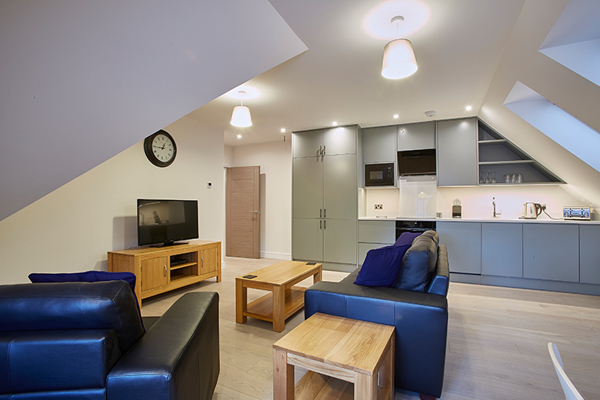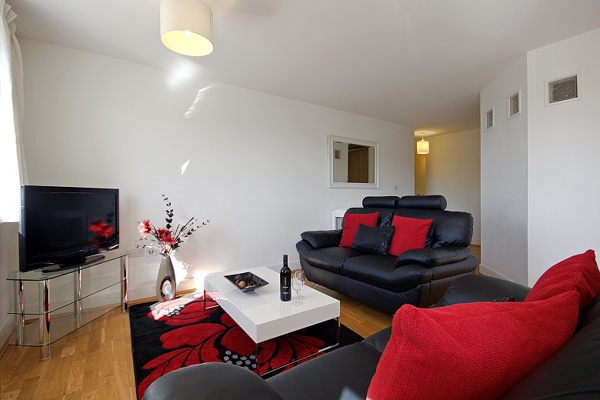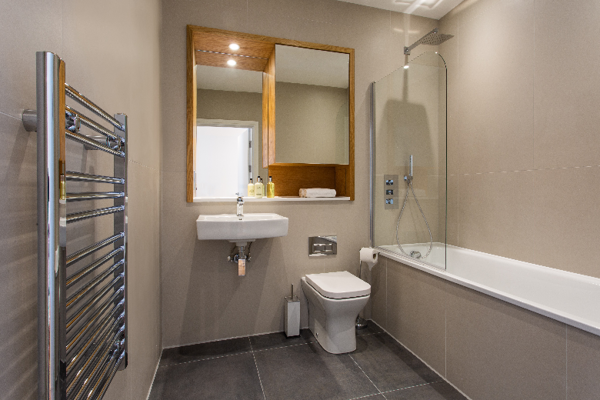Maidenhead Guide

Maidenhead's history is rooted in its strategic location on the River Thames, evolving from a small Saxon settlement into a prosperous coaching town when a wooden bridge and "Maiden Hythe" (new wharf) were built in the 13th century. Granted a royal charter by Elizabeth I in 1582, it became a vital stop on the Great West Road, lined with coaching inns. The arrival of Isambard Kingdom Brunel's iconic, flat-arched railway bridge in 1839 fundamentally reshaped the town, turning it into a fashionable Victorian riverside resort and early commuter hub for London. Historically significant events include King Charles I's final meeting with his children before his execution at the Greyhound Inn in 1647.
Today, Maidenhead is a thriving, affluent town in the "Silicon Corridor" and an ideal location for commuters, with excellent transport links including the Elizabeth Line to London. The lifestyle balances urban convenience with access to the picturesque Thames and Chiltern Hills, appealing to families and professionals alike.
The local culture is vibrant, centered around the Norden Farm Centre for the Arts, the Maidenhead Heritage Centre (which includes aviation history and a Spitfire simulator), and various community events like the annual Maidenhead Festival. The town also boasts a world-class culinary scene, with the nearby village of Bray home to two three-Michelin-starred restaurants, The Fat Duck and The Waterside Inn
"Active Goodness is the giving of one's time and energy in the alleviation of pain and suffering rather than the passive goodness of merely doing no wrong."
Nicholas Winter - the "British Schindler"








